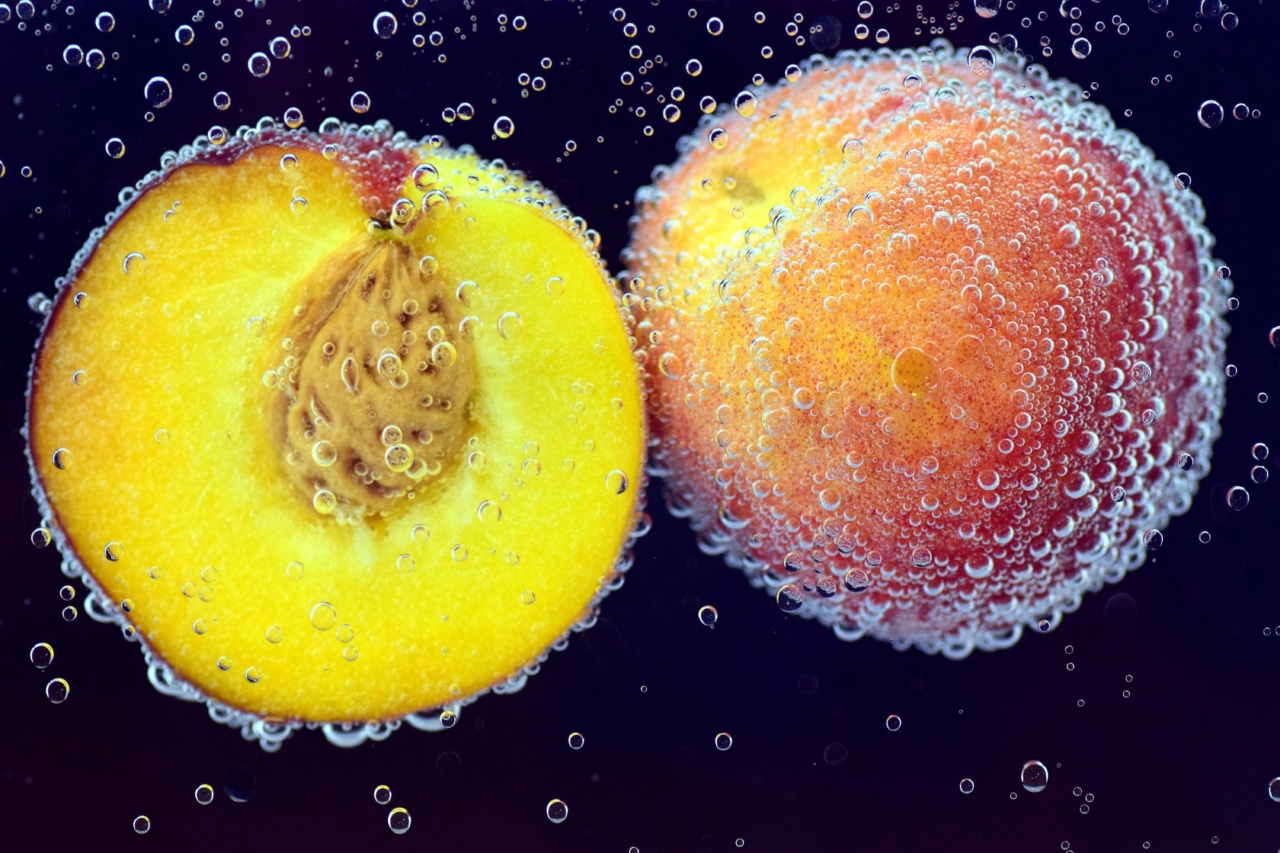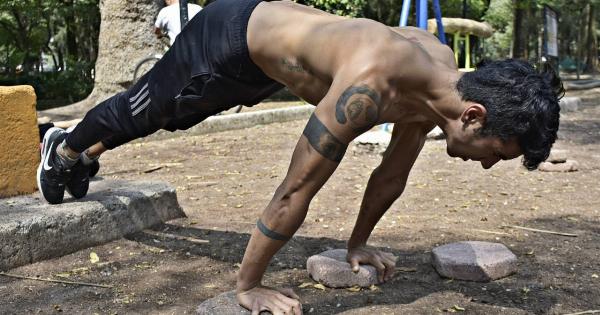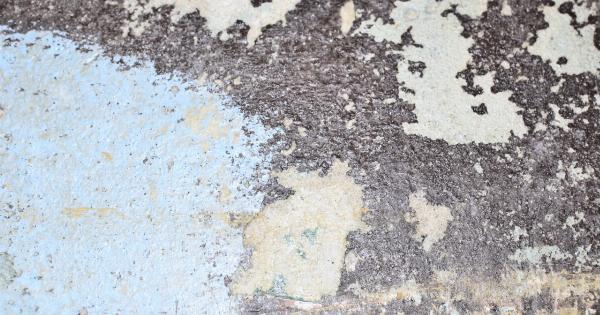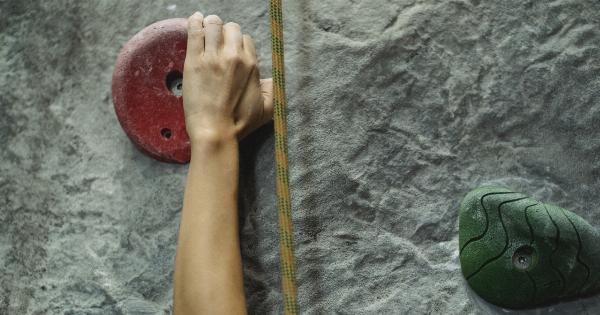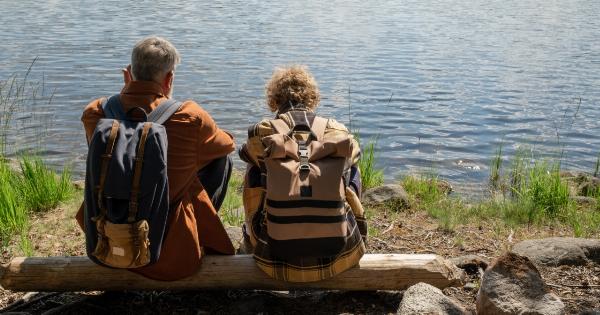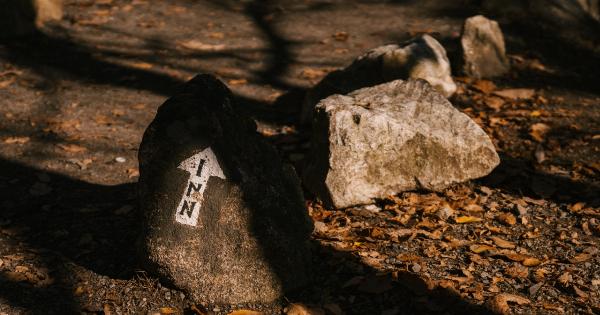The gallbladder is an important organ in the body that aids in digestion by releasing bile into the small intestine. It is a small pear-shaped organ located beneath the liver.
Bile, a digestive fluid created by the liver, passes through the gallbladder on its way to the small intestine. Bile helps the body digest fats and absorb nutrients from food. However, poor diet, sedentary lifestyle, and genetic predisposition can contribute to the development of gallstones and other gallbladder issues.
In this article, we will discuss how to keep your gallbladder healthy through diet and lifestyle, as well as the role of bile stones.
Gallstones
Gallstones are deposits that can form in the gallbladder when bile hardens and accumulates. Gallstones can be small and harmless, or they can cause a range of symptoms and health problems.
In some cases, gallstones can block the bile duct, leading to severe pain and discomfort. The risk of developing gallstones is higher in people who are overweight or obese, have a family history of gallstones, or have certain medical conditions.
Dietary Guidelines for a Healthy Gallbladder
One of the best ways to keep your gallbladder healthy is by following a balanced diet. Here are some dietary guidelines to consider:.
Eat a diet rich in fruits and vegetables
Fruits and vegetables are rich in antioxidants, vitamins, and minerals, which can help reduce inflammation, support digestion, and protect against a range of health issues.
Aim to eat a variety of fruits and vegetables in every color of the rainbow for maximum benefits.
Choose lean protein sources
Lean protein sources like chicken, fish, legumes, and tofu can provide the body with the protein it needs to function properly without overloading it with saturated fat or cholesterol.
Avoid processed meats and red meat, as they can increase your risk of developing gallstones and other health issues.
Limit high-fat foods
Eating a diet high in saturated and trans fats can increase your risk of developing gallstones and other health issues. Limit your intake of high-fat foods like fried foods, processed snacks, and fatty meats.
Instead, opt for healthy fats like avocado, nuts, seeds, and fatty fish.
Choose whole grains
Whole grains like brown rice, quinoa, and whole-grain breads can provide the body with fiber, vitamins, and minerals, which can help keep the digestive system healthy and reduce inflammation in the body.
Avoid processed grains like white rice and white bread, which have been stripped of their nutrients and fiber.
Stay hydrated
Drinking plenty of water can help keep the body hydrated and flush out toxins that can contribute to gallstone formation. Aim to drink at least 8-10 glasses of water per day.
Bile Stones
Bile stones, also known as gallstones, are deposits of hardened bile that can form in the gallbladder or bile duct. Bile stones can cause a range of symptoms, including abdominal pain, bloating, nausea, and vomiting.
Risk factors for bile stones
Here are some risk factors that can increase your chances of developing bile stones:.
- Being overweight or obese
- Being female
- Being over the age of 40
- Having a family history of bile stones
- Hormonal changes, such as pregnancy or the use of birth control pills
- Having certain medical conditions like Crohn’s disease or diabetes
Preventing bile stones
While some risk factors for developing bile stones, like age and genetics, cannot be controlled, there are some steps you can take to reduce your risk:.
- Eat a healthy diet rich in fruits, vegetables, and other whole foods
- Exercise regularly to maintain a healthy weight
- Limit your intake of high-fat and processed foods
- Stay hydrated by drinking plenty of water throughout the day
Conclusion
The gallbladder plays a crucial role in the digestion of fats and the absorption of nutrients from food. However, poor diet, physical inactivity, and other lifestyle factors can increase your risk of developing gallstones and other gallbladder issues.
By following a healthy diet rich in whole foods, staying hydrated, and exercising regularly, you can keep your gallbladder healthy and reduce your risk of developing bile stones. If you experience persistent abdominal pain or other symptoms, consult your healthcare provider for a diagnosis and treatment plan.
